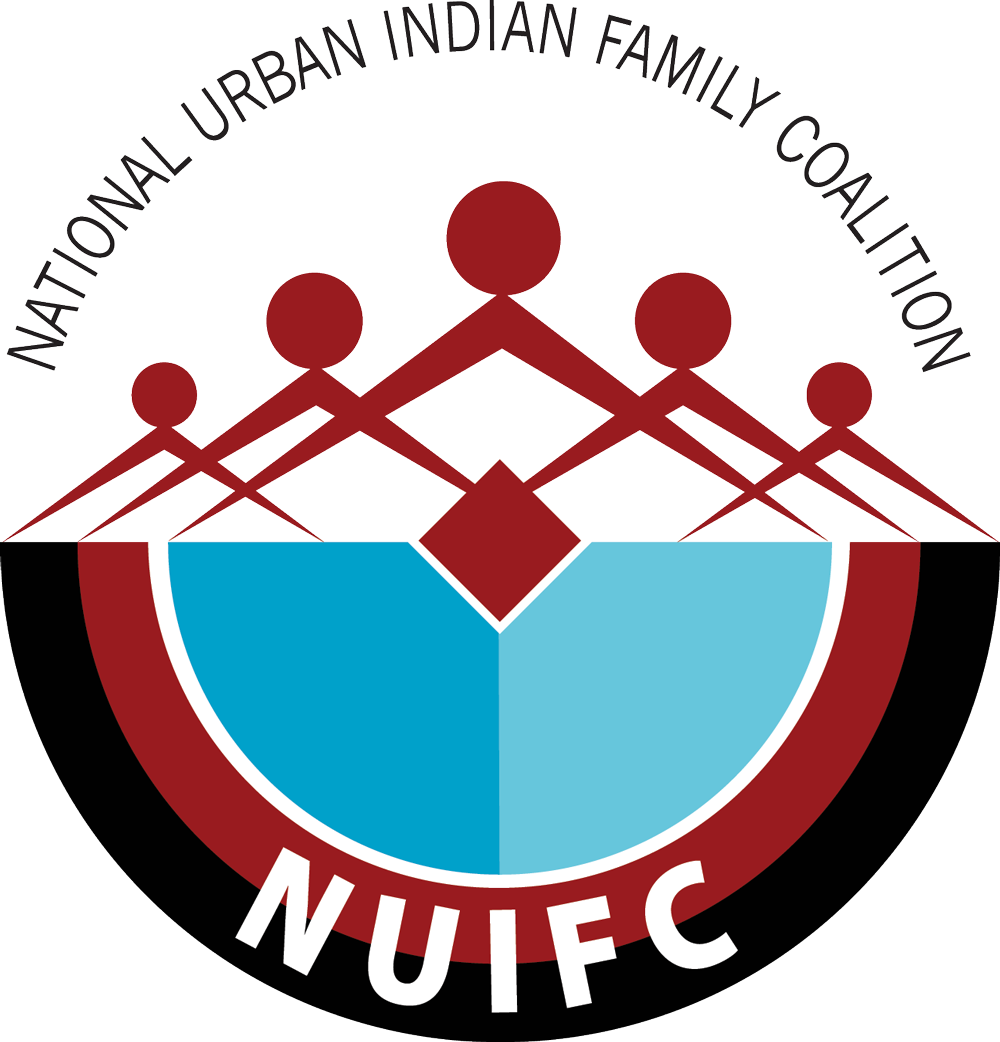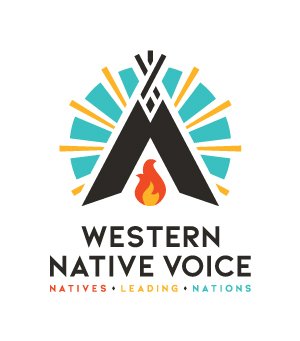NUIFC Newsletter // Annual Native Nonprofit Conference
The NUIFC Celebrates Successful Trip to Annual Native Nonprofit Conference
The NUIFC is celebrating a successful trip to the Native Americans in Philanthropy 2024 annual conference! During the three-day event, we were able to speak about the profound impact the Democracy is Indigenous movement is having and how we can work together to improve funding for Native nonprofits. Our Executive Director, Janeen Comenote (Quinalt), spoke at the opening keynote about how urban Indian America plays into the future of self-determination.
"I was honored to participate in the NAP conference this year and have an opportunity to speak about the brilliance of our urban Native nonprofit sector," said Comenote. "NAP put together a truly impactful and well-planned conference!”
During the conference, the NUIFC led a panel that focused on the intersection between democracy, philanthropy, community-based civic engagement, and how urban-based Native nonprofits have been engaging their communities to make a difference. We were joined by the President of the Inatai Foundation Nichole June Maher (Tlingit), the Executive Director of the NAYA Action Fund William Miller (Blackfeet), the Vice President of the Wallace H. Coulter Foundation Susie Sands, and the Executive Director of the Sacred Pipe Resource Center in North Dakota Cheryl Ann Kary (Hunkpapa Lakota).
The conference focused on how we can work to address the lack of philanthropic resources that make it to Native communities. Currently, less than half of one percent of total philanthropic dollars are directed toward Indian Country, which impacts our communities' ability to create solutions to the problems we are facing. Impactful gatherings like this allow funders to learn about the brilliance of the Native nonprofit sector and how they can better support our work both on and off the reservation.
More than 800 people attended the gathering, with many utilizing the online option. The NUIFC was thrilled to be able to attend, spend time with so many amazing people, and build power with some of the most inspirational organizations in our community.
Western Native Voices Joins Democracy is Indigenous Cohort
As the NUIFC builds on its mission to build the most impactful coalition of urban Native nonprofits, we are thrilled to welcome Western Native Voices into the Democracy is Indigenous cohort and to help support their civic engagement work across Montana.
Founded in 2002, Western Native Voice works to nurture and empower new native leaders and impact policies affecting Native Americans through community organizing, education, leadership, and advocacy. This means engaging with all seven Montana Indian reservations and in major Montana urban centers because approximately half of Montana’s native population lives off the reservation.
"We are starting from the basics, voting is so new in the community so people don't know about elections because they don't know what is on the ballot or how it can impact their lives, so we're doing a lot of education to get people excited," " says Tracie Garfield (Assiniboine), WNV's Communications Director.
WNV has four major focuses: civic education, leadership development, policy advocacy, and civic engagement. These pillars of their work help their membership base get engaged in different ways, like joining in letter-writing campaigns to elected officials, helping people with voter registration and creating vote plans, and in some cases even running for office themselves. This work is particularly impactful due to the large Native American population, nearly 10 percent of the state's total population, making Montana the state with the fifth largest Native population share.
On the horizon, WNV has different large-scale civic engagement events such as a gathering to celebrate the 100-year anniversary of the Indian Citizenship Act. They will also be having Bear Grease come to Billings, which is a Native musical inspired by Grease which will have a large voter registration push attached to it.
Due to all of this work, WNV has quickly grown into one of the state's most recognizable nonprofits in the state, meaning non-Native organizations will reach out to collaborate. For example, they held an event around Missing and Murdered Indigenous women with a few different organizations to educate a diverse coalition of stakeholders about this work. All of this work has quickly translated into WNV's ability to directly influence policy and legislation.
"We are member-based, so what we focus on advocating for comes from them and a survey about their top priorities are," says Garfield. "We hold leaders accountable with a scorecard after each legislative session so our people know this is how each legislators scored on the issues Native people care about. We're very active, training members to testify, writing letters, and pushing for our issues."





